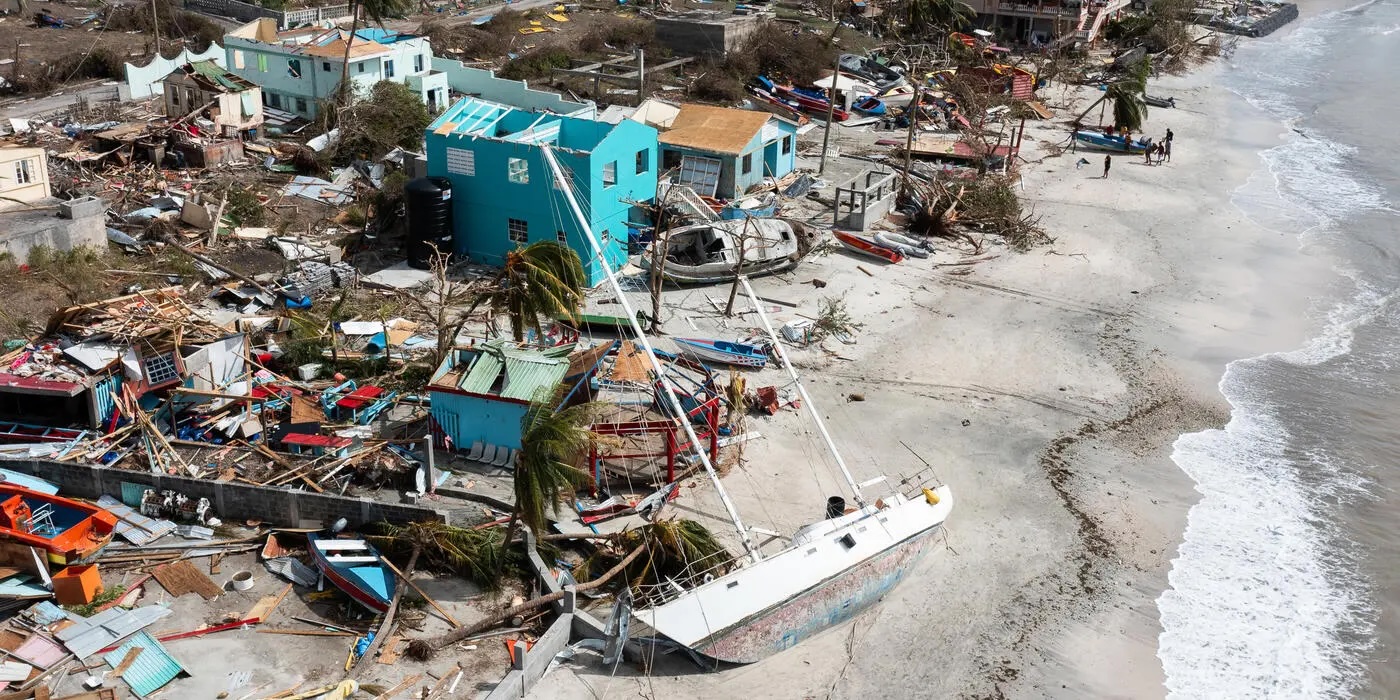When hurricanes devastate the Caribbean, recovery extends beyond rebuilding infrastructure. It hinges on the ability of farmers to replace lost livestock, fishers to access damaged docks, market vendors to preserve perishable goods, and tourism workers to survive prolonged hotel closures. These individuals are the backbone of local economies, yet they often face the longest delays in receiving aid. While governments and private insurers play crucial roles, they frequently fall short in addressing the immediate, small-scale needs of vulnerable workers. Governments focus on large-scale recovery efforts, such as repairing roads and restoring power grids, but struggle to swiftly address individual needs like restoring contaminated wells or replacing fishing equipment. Private insurers, on the other hand, cater primarily to businesses with formal assets, leaving informal workers—such as farmers without land titles or fishers with uninsured boats—without coverage. This gap in disaster response is where meso-level Climate and Disaster Risk Finance and Insurance (CDRFI) steps in. By linking government and insurance resources with the trust and reach of community organizations, meso-level CDRFI creates a more efficient and equitable recovery system. Community institutions, such as cooperatives and NGOs, act as direct links to vulnerable populations, identifying needs and distributing resources. Financial tools like parametric insurance and community savings funds are managed through these groups, ensuring faster and fairer payouts. Governments and private insurers provide broader support, making the system sustainable. Research by the Caribbean Policy Development Centre (CPDC) reveals that 79% of organizations serving vulnerable workers lack budgets for disaster response. Meso-level CDRFI empowers these organizations to access financial resources, deliver support directly, and reduce recovery time. Beyond financial aid, this approach fosters trust, transparency, and local decision-making, essential for long-term resilience. As climate risks escalate, meso-level CDRFI offers a practical solution to strengthen the Caribbean’s disaster response, ensuring that recovery is both swift and equitable.
